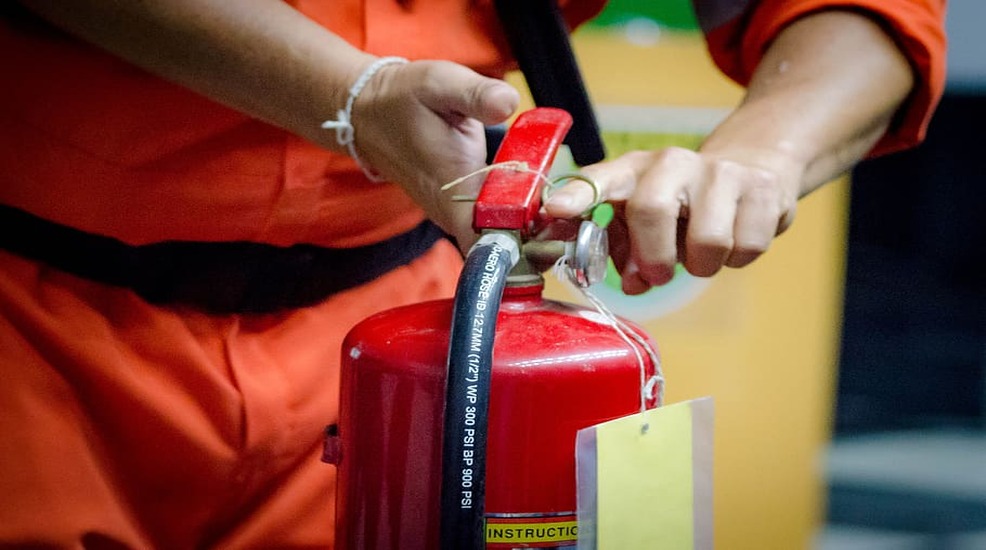
Metal fabricators with a background in railing fabrication can further expand their talents by learning more about other types of metalwork. The National Ornamental & Miscellaneous Metals Association was founded in 1958 to represent all types of metalwork, including railing fabrication. The organization has a broad spectrum of membership and offers numerous benefits.
Custom-manufactured railings provide stability
A custom manufacturer of railings can offer a variety of materials and finishes to fit the aesthetic needs of your home. Aluminum, stainless steel, brass, and bronze railings are available for various applications. In addition, several finishes are available, including galvanized or powder-coated for durability and protection.
Custom-manufactured railing systems can provide the stability, style, and flexibility needed in a residential or commercial setting. Railings made of steel or aluminum can be durable and give a sleek modern look. In addition, custom railings offer unique design features like stainless steel cables, aluminum posts, machined opening bars, and concealed pocket screws.
They prevent nasty falls
A railing system is a great way to prevent trips, falls, and slips. It provides various safety features and is typically installed in public places. Residential locations may also feature a surface to help with falls. If you are considering getting a railing system for your home, consider the following tips to ensure you have a safe, secure walkway.
Providing proper protection for workers: If you have workers who may fall into dangerous equipment, you should install guardrails and toeboards. Using temporary barriers can lead to disastrous consequences.
They are cost-effective
If you’re looking for a railing for a deck, patio, or balcony, then you’re in the right place. Railing fabricators can customize the design for your project and keep costs low. Prices vary according to the amount of material required for a given design. For example, going from 3/8″ to 3/4″ thick material will increase lineal foot costs by 20 percent.
Depending on your style and finish, the railing can range from $60 to $120 per linear foot. Railing prices can be considerably lower if you order larger quantities of material or powder coating. Railing fabricators usually charge by the project, and the total cost of materials and labor is $300 to $1,000.
They require engineering calculations
Railing fabricators typically require engineering calculations before they install a railing system. These calculations are necessary for various reasons:
- They determine if a railing will be stable and safe to be installed.
- They choose what kind of loading requirements the railing will have. In some applications, engineering calculations are unnecessary, but they are highly recommended for the end-users safety.
- They determine if a railing system is life-safe.
When determining the design of a railing system, engineers need to consider how the rail will be installed, how it will be set up, and how much weight will be required. They also need to account for the weight of the end user, the person who will use it. Often, the end user will modify a handrail, so engineers must account for the extra weight that they will add.











